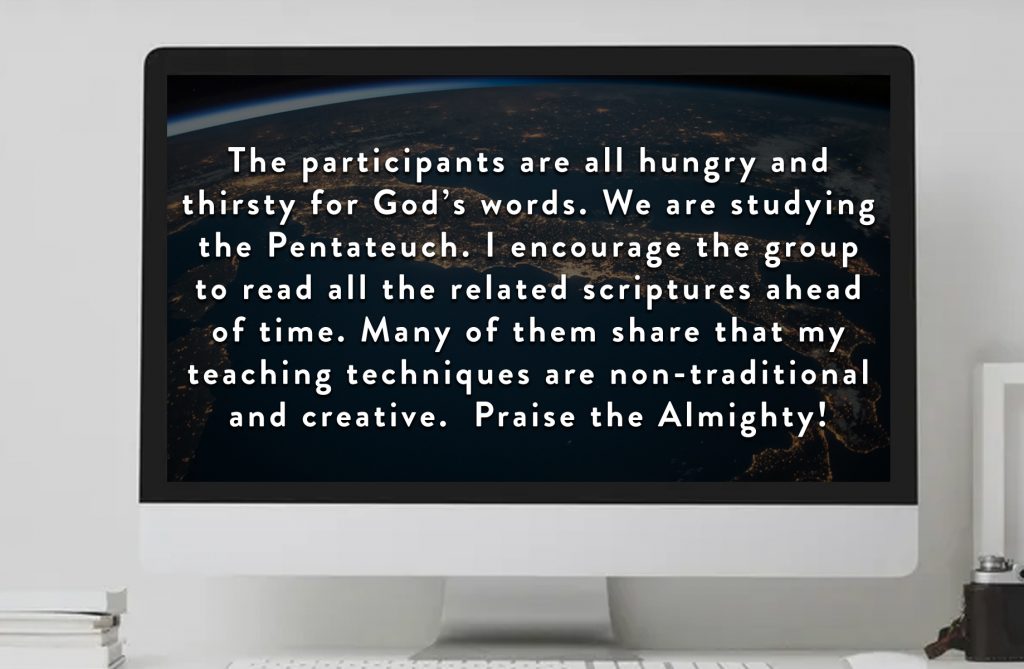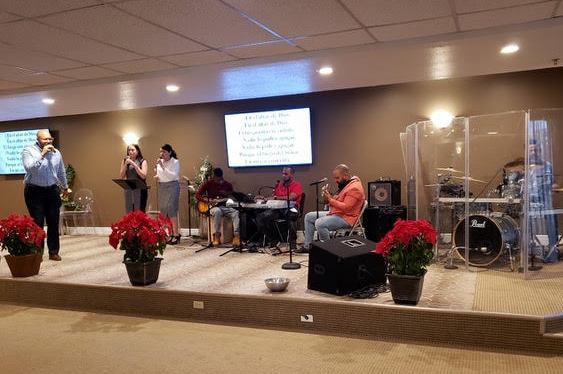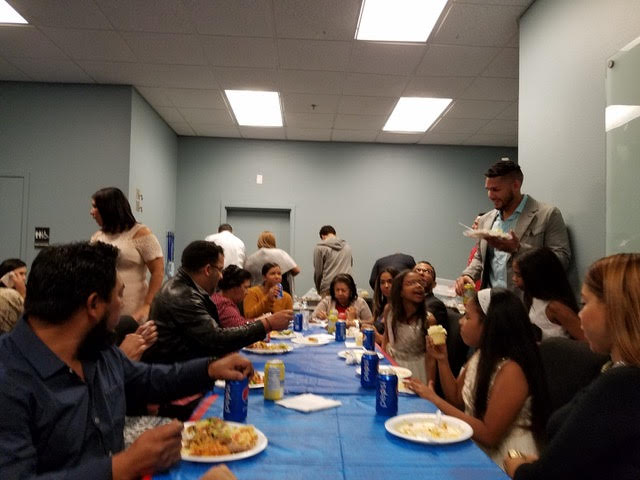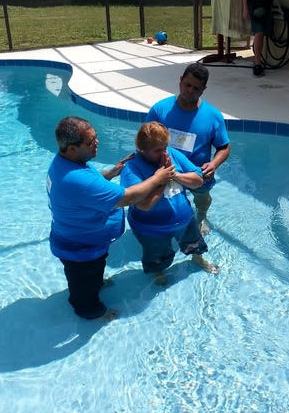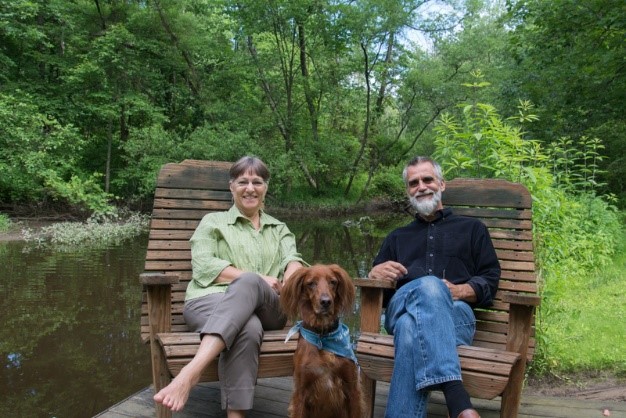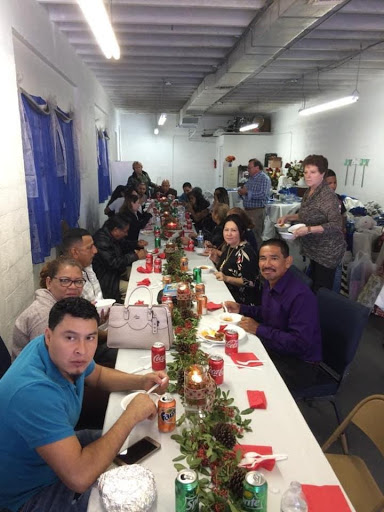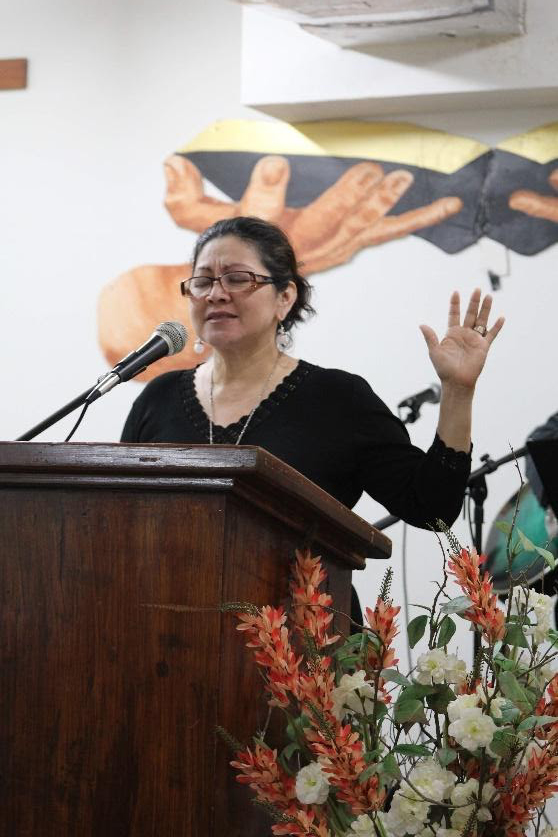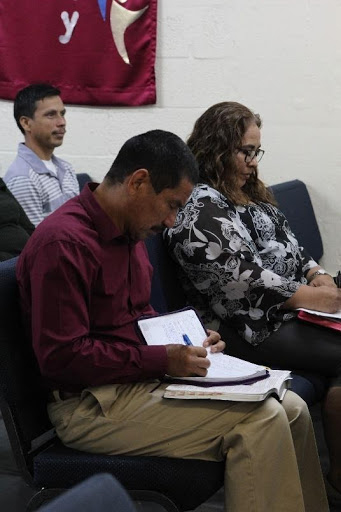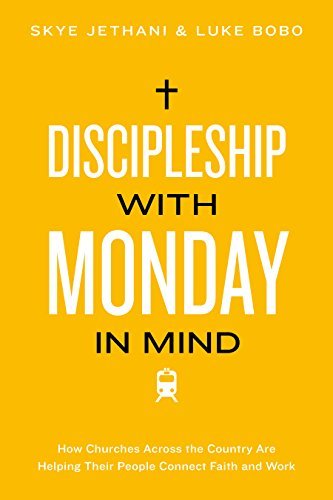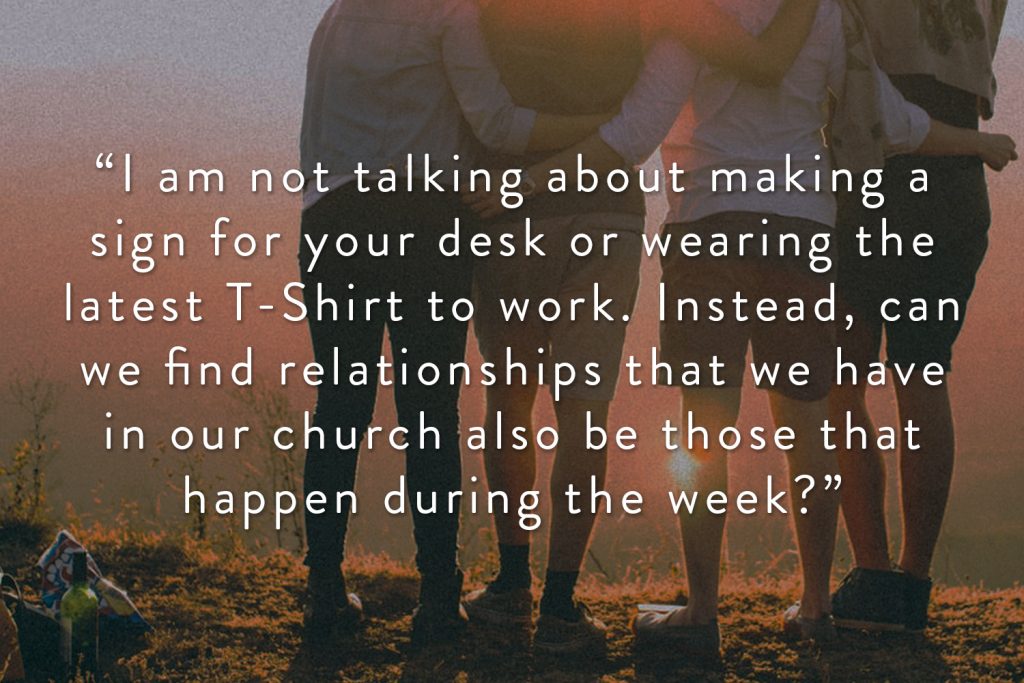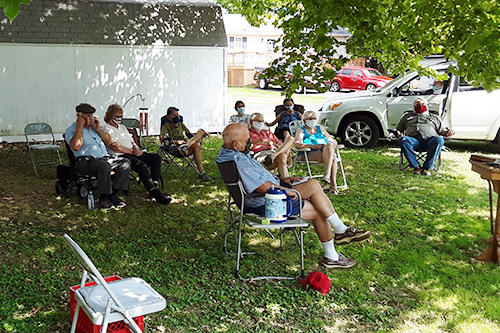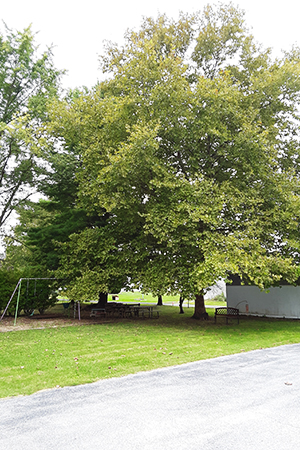I would describe my call to ministry as something of a gradual, unfolding process that took place over time rather than anything resembling a one-time event. I became a Christian in 1972, just months before beginning college in a very secular setting in rural New Hampshire.
Although my family had attended church regularly while I was growing up, I do not recall ever hearing a clear presentation of the gospel during that time. So everything about the faith felt very new to me. I was reading the Bible and was involved in meaningful Christian fellowship for the first time. I simply was trying to learn what it meant to cultivate an actual relationship with God.
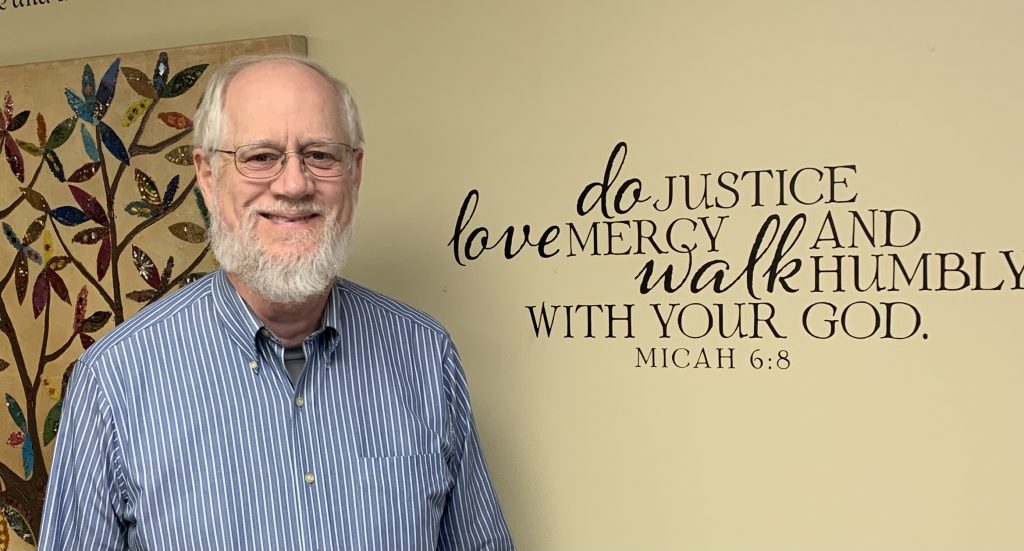
The first conviction I remember dawning on me as a believer was that being a follower of Jesus was the most important thing in life. That was a significant paradigm shift for me. I can recall it occurring to me that if this faith was worth anything, it must be worth everything. I wanted to live consistently with that truth.
The second conviction was related to the first: while I had very little idea at the time of what it would mean for the future, I became aware that the primary thing I wanted to do with my life was to serve God in some full-time capacity. I probably did not have a very good understanding at that point of the priesthood of all believers and that one could serve God in any vocation; I simply knew that I wanted the focus of my life to be some form of ministry.
After college graduation, I worked for a year and then got involved with “A Christian Ministry in the National Parks.” I spent six months in Death Valley National Monument (now Park) in California, working during the week and leading church services for visitors on the weekends. That was my first experience preaching regularly and served to confirm the desire of my heart to be involved in full-time ministry.
In the fall of 1978, I began a masters of divinity program at Gordon-Conwell Theological Seminary in Massachusetts. I had numerous opportunities to serve in a local church during those years and received a lot of encouragement from people. I finished seminary in 1982 and have been engaged in pastoral ministry ever since. I was called to serve as Care Pastor at Souderton (PA) Mennonite Church in early 2017.
Looking back, I resonate with the Lord’s statement to Paul recorded in 2 Corinthians 12:9, “My grace is sufficient for you, for my power is made perfect in weakness” (NIV). It has been a great privilege for me to serve in Christ’s church and to preach “the unsearchable riches of Christ” (Eph. 3:8, KJV).
I am conscious, however, that any fruit borne has been the result of God’s grace manifested through my own weakness. Scripture and experience have taught me that “we have this treasure [the ministry of the gospel] in jars of clay to show that this all-surpassing power is from God and not from us” (2 Cor. 4:7, NIV).
As I come down the homestretch of full-time ministry, I hope to keep relying on God’s grace and power so that God will be glorified, the church edified, and many brought to Christ. Beyond that, all I really desire is to hear, “Well done, good and faithful servant,” on the last day!


